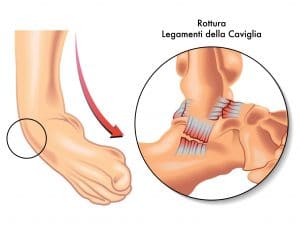amniotic liquid allograft


Fluid Flow TM
amniotic liquid allograft
Product Description
BioLab Fluid Flow™ is an ambient temperature amniotic liquid allograft derived from the amniotic liquid within the placenta to advance soft tissue repair, replacement, and reconstruction.
Relevant Conditions
Degenerative joint disorders such as:
Sports Injuries
Osteoarthritis
Joint pain
Inflammatory conditions such as:
Bursitis
Tendonitis
Fasciitis
Soft tissue injuries such as:
Ligament & Tendon sprains
Muscle & Meniscus tears
Is amniotic fluid allograft considered a stem cell therapy?
Amniotic fluid allograft is often marketed as a regenerative therapy, but it does not necessarily contain live stem cells in the same way that some other treatments do. While amniotic fluid does contain various growth factors, proteins, and other compounds that may aid in tissue regeneration and healing, the processing methods used to create amniotic fluid allograft products typically remove live cells, including stem cells, to prevent immune rejection when used in patients.
Therefore, amniotic fluid allograft, as commonly processed and utilized, is not a stem cell therapy in the traditional sense. It is more accurately described as a biological tissue product containing growth factors and other components that may support healing and tissue repair.
Are there any potential side effects or adverse reactions associated with amniotic fluid allograft therapy?
While amniotic fluid allograft therapy is generally considered safe, like any medical procedure, it may come with potential side effects or adverse reactions. Common side effects are usually mild and may include:
1. Swelling: Swelling at the injection site is a common side effect and usually subsides within a few days.
2. Discomfort or Pain: Some patients may experience temporary discomfort or pain at the injection site.
3. Redness or Bruising: Mild redness or bruising can occur, but it is typically temporary and resolves on its own.
4. Infection: Although rare, there is a risk of infection at the injection site.
5. Allergic Reaction: While amniotic fluid allograft products are processed to minimize immune responses, allergic reactions are possible, although uncommon.
How long does it take to see results after undergoing a medical procedure with amniotic fluid allograft?
Some patients may experience improvement within a few weeks, optimal results often develop over several weeks to months as the body’s natural healing processes take effect.


